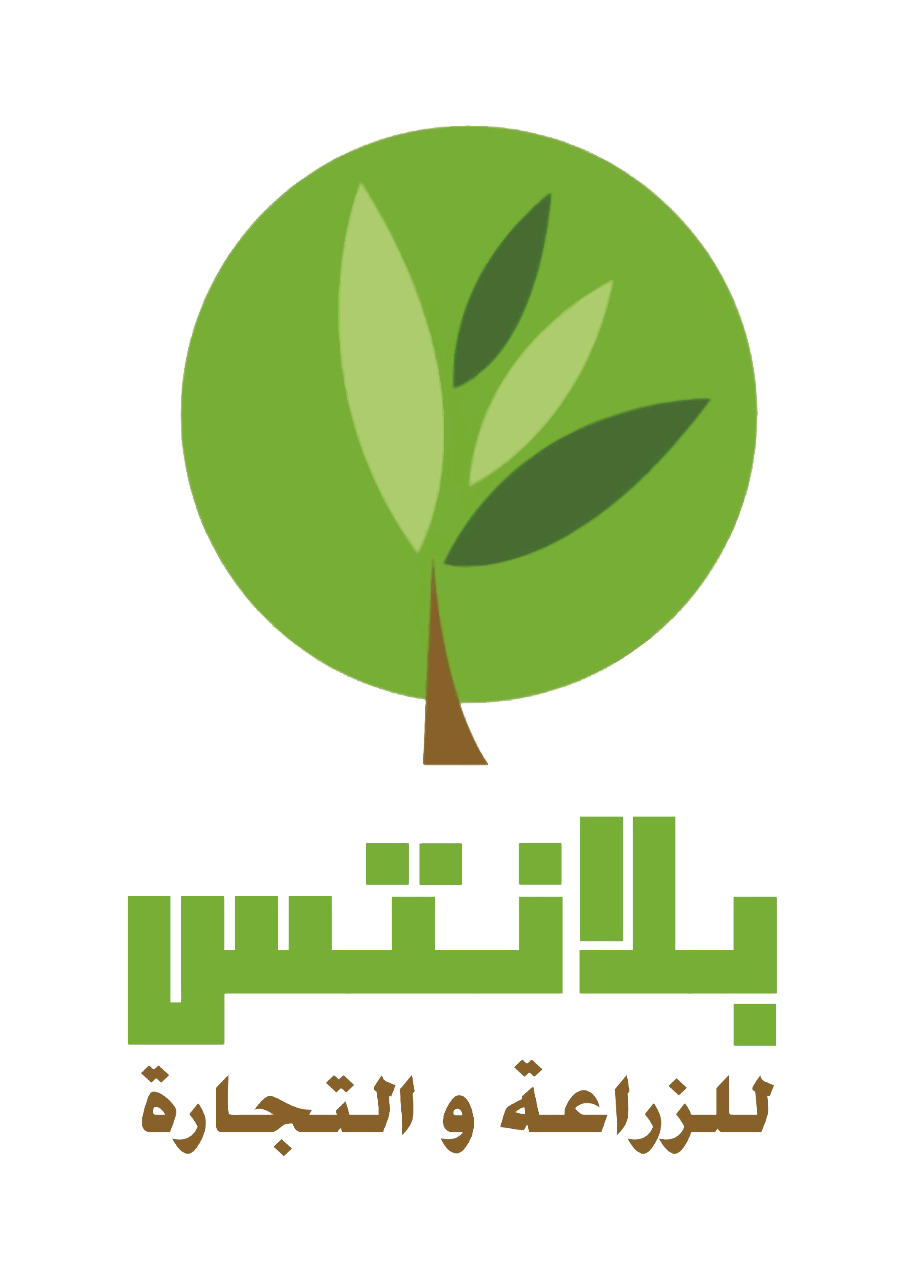- 24 Sep 2013
Partnerships, inclusive finance, vital to FAO’s work in rural areas, says Director-General
September 23: Speaking at Monday's UN Inter-Agency meeting on Inclusive Finance for Development, FAO Director-General Jose Graziano da Silva underlined the importance of ensuring that small-scale farmers have access to financial products and services, which serve as a "driving force for long-lasting and sustainable development and increased food security", he said. The Inter-Agency Meeting was convened by Queen Máxima of the Netherlands - in her role as the UN Secretary-General's Special Advocate for Inclusive Finance for Development - together with UN Development Programme Administrator Helen Clark.
The Inter-Agency meeting, attended by senior representatives from over 20 UN Agencies, Funds, and Programs, as well as Secretariat-based departments, was designed to facilitate a "shared understanding of how a common UN agenda on financial inclusion can advance the UN agencies' respective mandates, and to commit to mutual exchange and in-country and global collaboration through established mechanisms," stated Queen Máxima.
"Partnerships are crucial," noted the FAO Director General. "What we do has a much greater impact when we do it with others, with IFAD, WFP, UNDP, the World Bank, and many more." He also pointed out that inclusive rural finance has an even more powerful impact when it goes hand-in-hand with improved social protection for the rural poor.
FAO, added Mr. Graziano da Silva, works intensively with banks, cooperatives, and microfinance organizations to boost small-scale farmers' access to credit. "The possibility to invest more allows for many things: increased production; more sustainable agricultural practices; diversification of livelihoods; and building resilience." Indeed last week alone FAO signed two major new partnerships with the Grameen and Rabobank Foundations, with targeted rural interventions already planned in Ethiopia, Kenya, and Tanzania, among others.
High rural illiteracy rates, especially among women, however, undermine efforts to boost financial services for the poor, acknowledged UNESCO Director-General Irina Bokova. "Increasing financial literacy is thus essential if progress is to continue," she observed. Policymakers must also get the legal and regulatory framework right, while nurturing competition too, advised Shamshad Akhtar, UN Assistant Secretary-General for Economic and Social Affairs and former Governor of Pakistan's State Bank, the country's central bank. Otherwise, "despite our best efforts, poor consumers will continue to suffer from limited choice, while paying an arm and a leg for financial intermediation."
Promoting financial inclusion, concluded UNDP's Helen Clark, should be viewed "not as an end, but as a means: a means to growth, poverty reduction, cutting hunger, and all our other development goals."
